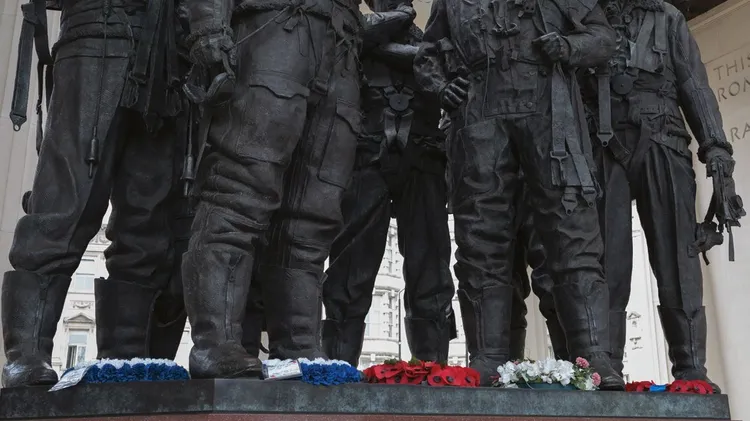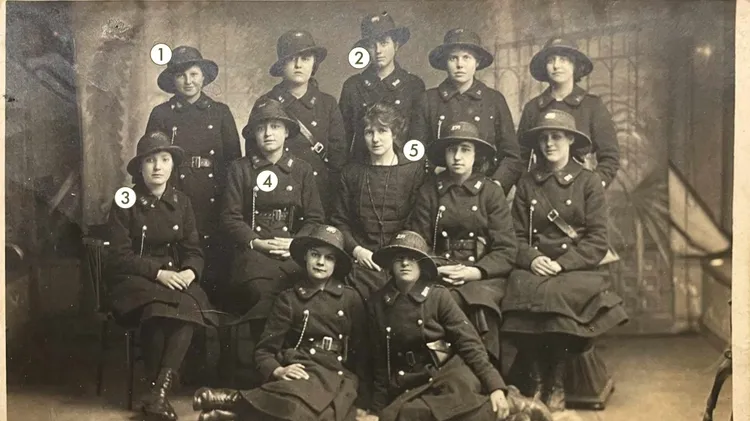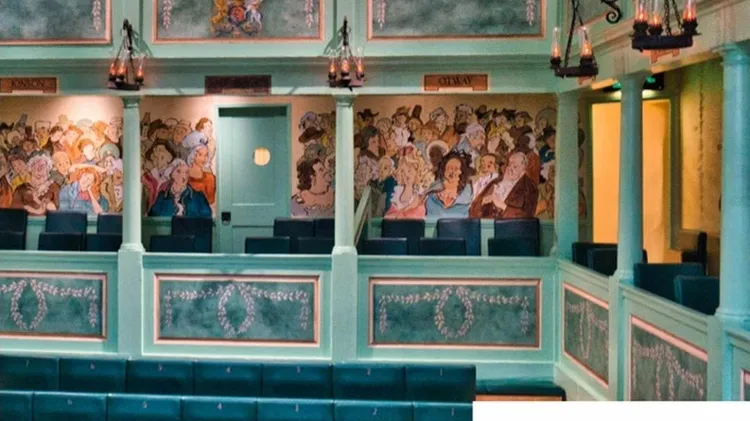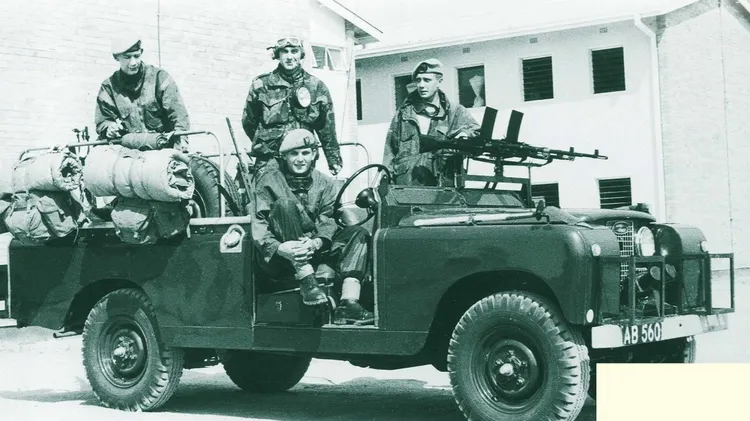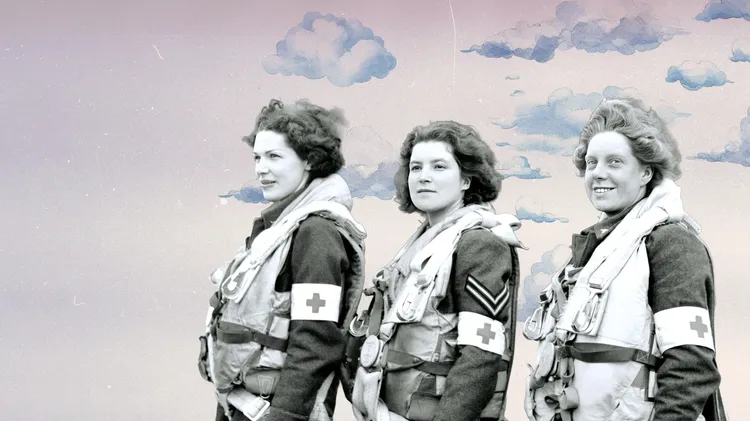David Hough knew that his father and grandfat
‘i discovered my family’s wartime secrets’
7 min read
This article is from...
Read this article and 8000+ more magazines and newspapers on Readly

